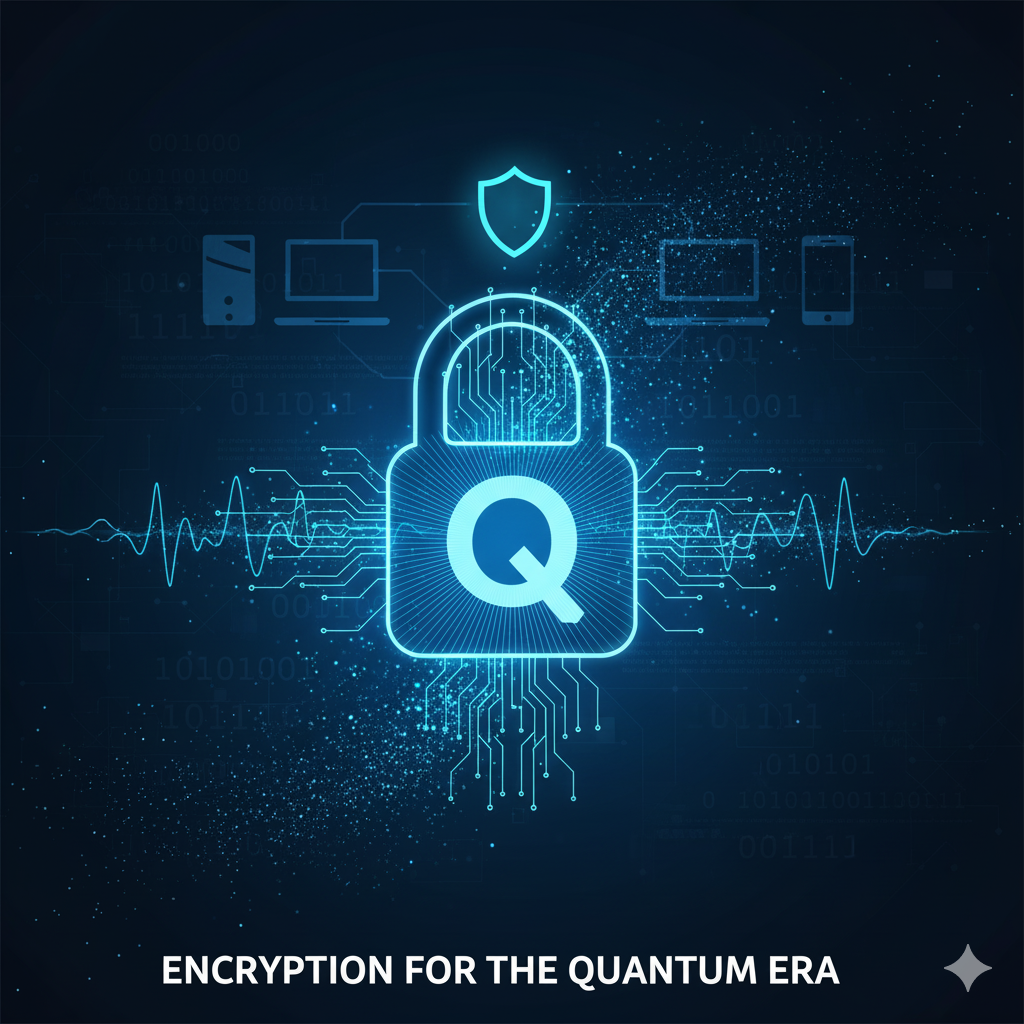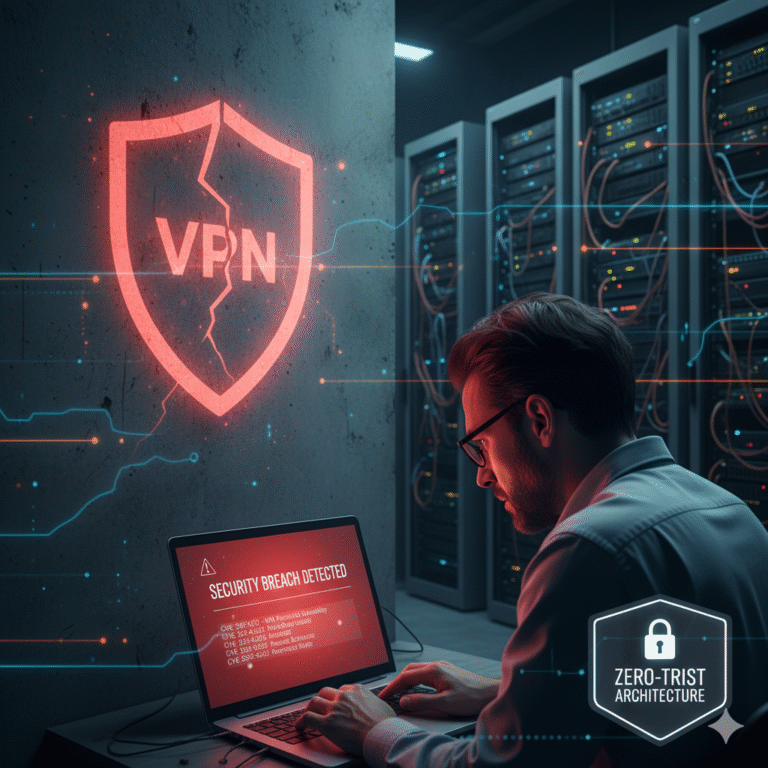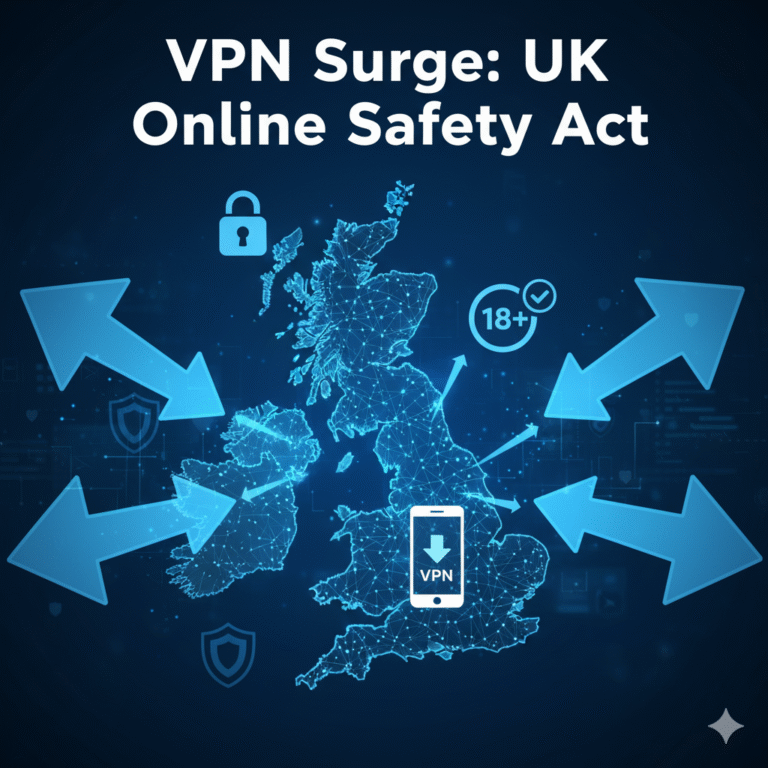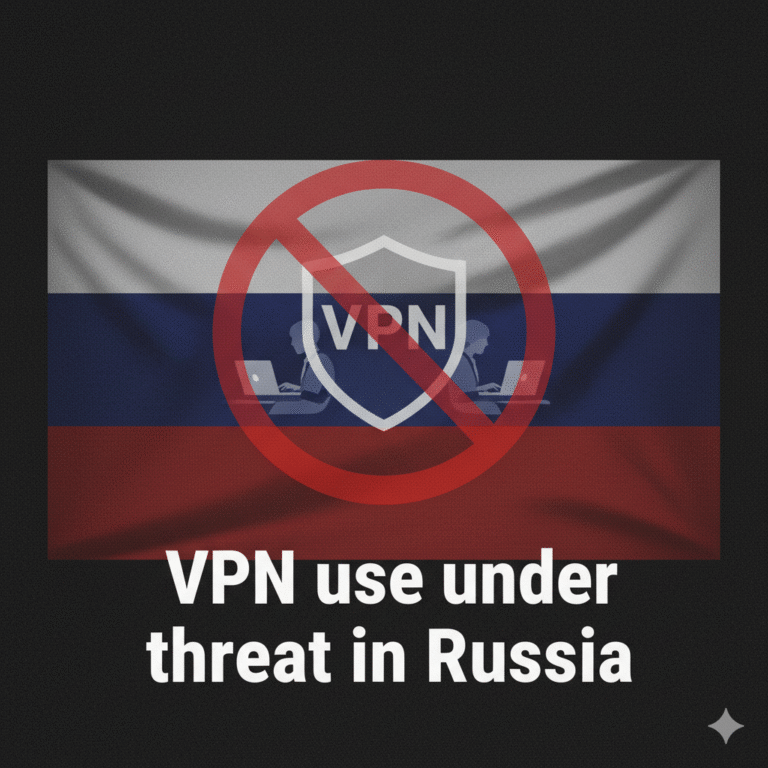In the rapidly evolving world of cybersecurity, one of the most forward‑looking moves has come from NordVPN. In May 2025 the company announced its rollout of post‑quantum encryption (PQE) across all its major applications — Windows, macOS, Linux, Android, iOS, Android TV and tvOS. By integrating quantum‑resistant cryptography into its flagship protocol, NordLynx, NordVPN is positioning itself not just for today’s threats, but for the looming “quantum computing age” where traditional encryption may no longer suffice. The key phrase for optimization here: post‑quantum VPN security.
What is post‑quantum encryption and why it matters
Post‑quantum encryption refers to cryptographic algorithms designed to withstand attacks from quantum computers — machines that exploit quantum‑mechanical phenomena to solve complex problems exponentially faster than classical computers. Current encryption standards such as RSA and ECC (elliptic‑curve cryptography) rely on mathematical problems that quantum algorithms could break in future.
The risk model often described is “harvest now, decrypt later” — adversaries may collect encrypted traffic today, store it, and wait until quantum computers become powerful enough to decrypt it. By offering PQE, NordVPN aims to mitigate that risk, ensuring user data remains confidential over the long term.
How NordVPN implemented the rollout
NordVPN’s approach was phased and strategic:
In September 2024, the Linux application became the first to receive PQE via the NordLynx protocol, which is built on WireGuard and optimized for speed and performance.
In May 2025 after successful testing, PQE support expanded to Windows, macOS, Android, iOS, Android TV and tvOS — completing the full rollout across all major platforms.
Users enable the feature via a toggle within the app settings (under “Connections” or “General”) — once enabled, PQE activates when connected via NordLynx.
Important limitations: PQE only works with NordLynx; other protocols such as OpenVPN or dedicated IP configurations may not yet offer the quantum‑resistant layer.
Quote from NordVPN CTO Marijus Briedis:
“As quantum computing advances, the traditional encryption methods used by most VPN protocols today will eventually become vulnerable. By integrating PQE into our VPN infrastructure, we’re taking a proactive step to ensure long‑term confidentiality and resilience for our customers’ data, both now and in a post‑quantum future.”
Performance, benefits & caveats
Benefits:
Provides long‑term data protection even if quantum computers emerge stronger.
Helps users and organisations prepare for future cryptographic threats.
Gives NordVPN a competitive differentiation in the VPN market.
Performance and rollout concerns:
NordVPN reports that its Linux test showed negligible performance degradation — connection times and speeds remained high.
However, uptake of PQE depends on users choosing the NordLynx protocol and enabling the toggle — those who stay on legacy protocols or don’t enable the feature won’t benefit.
Implementation is still young: not all protocols (e.g., OpenVPN) support PQE yet, meaning some use‑cases (legacy systems, dedicated IPs) may remain vulnerable.
Industry context and comparison
While NordVPN’s rollout is significant, it is part of a broader trend in the VPN space:
ExpressVPN has also incorporated PQE in its Lightway protocol and now offers post‑quantum options for multiple platforms.
Other providers like Windscribe are enhancing their WireGuard implementations with PQE protections.
The fact that major VPN vendors are moving in this direction reflects the growing urgency around quantum‑safe encryption standards, particularly following the National Institute of Standards and Technology (NIST) standardisation of post‑quantum algorithms.
For users and organisations: what to do
If you use NordVPN: Check that you’re on the latest version of the app, switch to the NordLynx protocol, and enable the “Post‑quantum encryption” toggle in settings.
For higher‑risk users (business, remote work, sensitive data): Consider quantifying the risk of “harvest now, decrypt later” and evaluate whether your current VPN covers PQE or requires update.
Review your VPN provider’s transparency‑report, independent audits, protocol support and compatibility with PQE. While PQE is forward‑looking, basic things like no‑logs policies, adequate server spread and good performance still matter.
Consider that PQE doesn’t replace all risk — good hygiene, multifactor authentication (MFA), kill‑switch features, leak testing are still essential.
Learn more than UK Online Safety Act spurs surge in VPN downloads, raising policy issues
Conclusion
The introduction of post‑quantum encryption by NordVPN is a watershed moment in the VPN industry’s evolution. By enabling quantum‑resistant cryptography across all major platforms, the company is signalling that the era of “business‑as‑usual” encryption is ending and that forward‑thinking protection is here. For anyone serious about privacy — whether consumer or enterprise — the term post‑quantum VPN security is now more than a niche concern: it’s a standard to watch.
Choosing a VPN in 2025 means looking ahead, not just at today’s threats. If your provider is not yet thinking about quantum resistance, it might be time to ask why — and consider upgrading to one that is.



